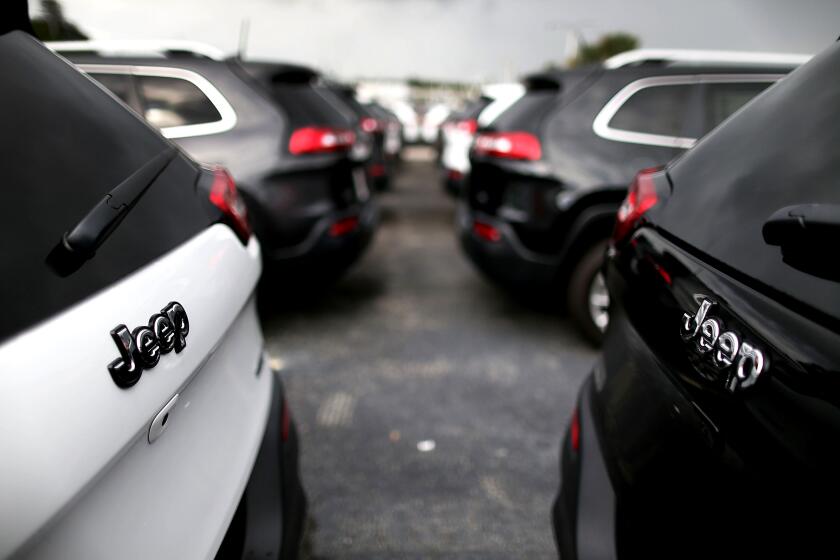Chinese food giant buys stake in Dutch grain trader
Chinese state-owned food giant Cofco has agreed to buy a controlling stake in Dutch grain trader Nidera, the latest move in China’s global quest to supply its growing food demand.
The deal, reportedly worth close to $1.3 billion, would give Cofco 51% control of the Rotterdam-based Nidera, which has infrastructure in major grain producing regions in South America and Central Europe.
China needs more soybeans and corn to feed its growing livestock industry. Rising incomes and urbanization has helped double per-capita meat consumption in China since 1992 to 52.5 kilograms (about half the amount in the U.S.). But because China lacks the water and arable land to grow enough grain, it has to look overseas to secure supplies.
By purchasing Nidera, Cofco can better influence how much it pays for grain rather than rely on the dominant foreign traders -- Archer Daniels Midland, Bunge and Cargill. China has for years been trying to minimize its exposure to the Western companies by supporting its own firms and encouraging them to snap up farmland and ports and to build processing facilities across the world.
“The big strategic move for Cofco is that this develops their supply chain,” said Shefali Sharma, director of agricultural commodities at the Washington-based Institute of Agriculture and Trade Policy. “This is largely driven by China’s meat consumption. It’s a real challenge to be depending on other foreign firms. This is one way to ensure their interests are protected.”
Cofco is one of China’s leading food importers and processors. It is among the handful of Chinese companies that have invested billions developing Brazil’s grain sector. It also joins a list of major Chinese foreign acquisitions. Last year, China’s largest meat processor, Shuanghui, paid $4.7 billion to buy Virginia’s Smithfield Foods, the largest pork producer in the U.S.
More to Read
Inside the business of entertainment
The Wide Shot brings you news, analysis and insights on everything from streaming wars to production — and what it all means for the future.
You may occasionally receive promotional content from the Los Angeles Times.










